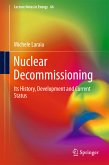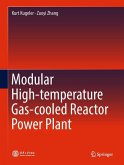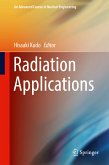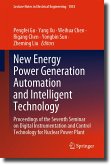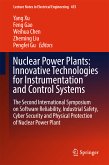The book covers a wide range of topics including the intersection of nuclear technology with economics, engineering, environmental studies, and law. Readers delve into the lessons learned from the TEPCO Fukushima accident, understand the complexities of risk communication, and explore the legal frameworks governing nuclear energy use. The highlighted issues at the interface between nuclear power utilization and society are meticulously organized, referring to historical information and insights from European and American government agencies and international organizations.
This book is an essential read for graduate students, researchers, professors, engineers, government officials, and anyone interested in the social issues surrounding nuclear utilization. Written by an experienced professional who served as chairman of the Japan Atomic Energy Commission, it combines expert analysis with an engaging style to make complex topics accessible to a broad audience.
The translation was done with the help of artificial intelligence. A subsequent human revision was done primarily in terms of content.
Dieser Download kann aus rechtlichen Gründen nur mit Rechnungsadresse in A, B, BG, CY, CZ, D, DK, EW, E, FIN, F, GR, HR, H, IRL, I, LT, L, LR, M, NL, PL, P, R, S, SLO, SK ausgeliefert werden.



